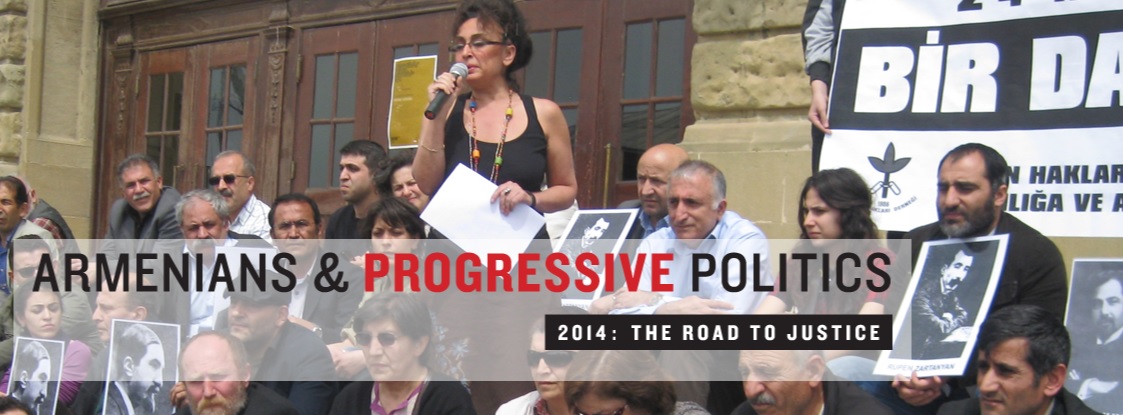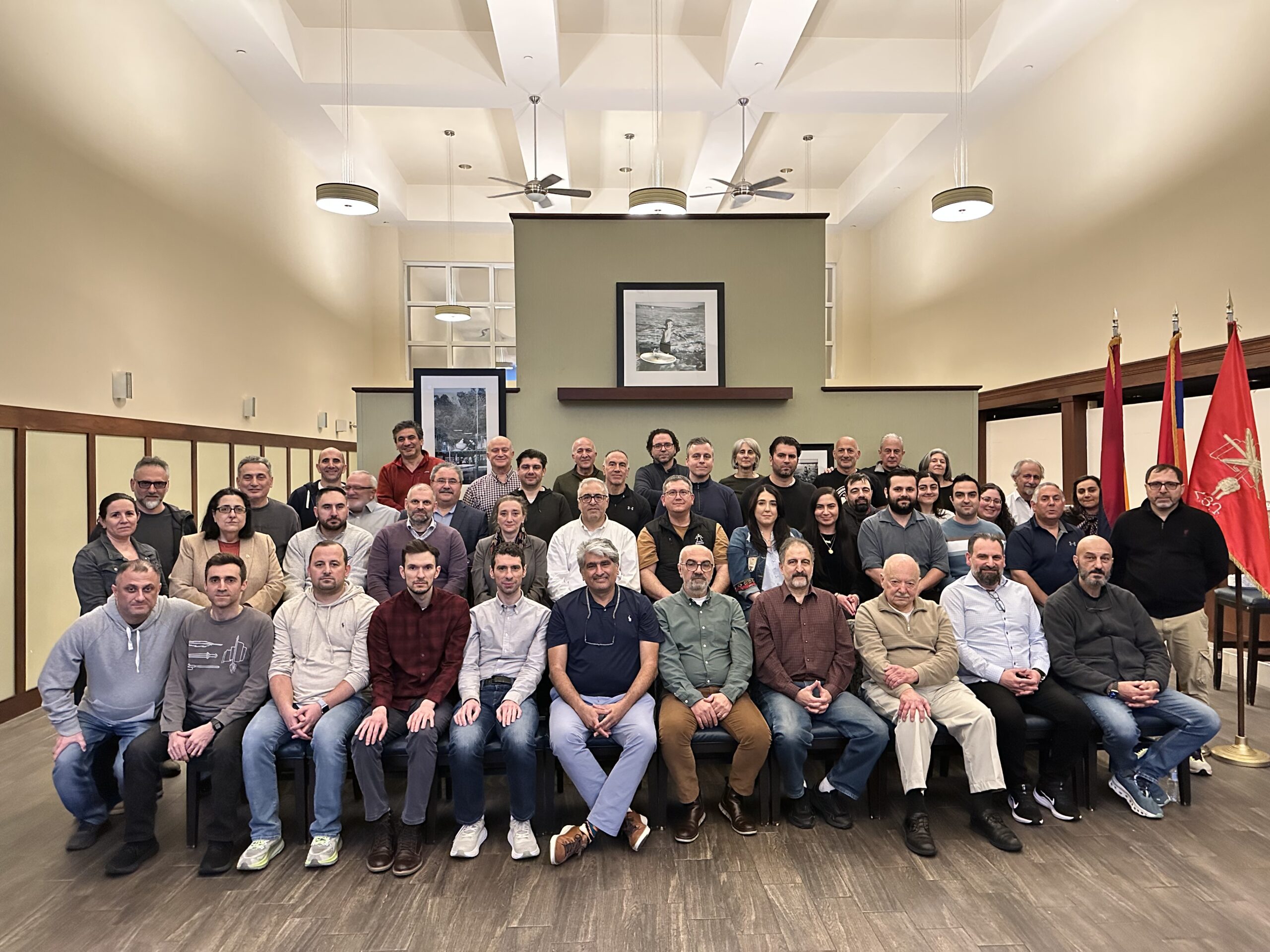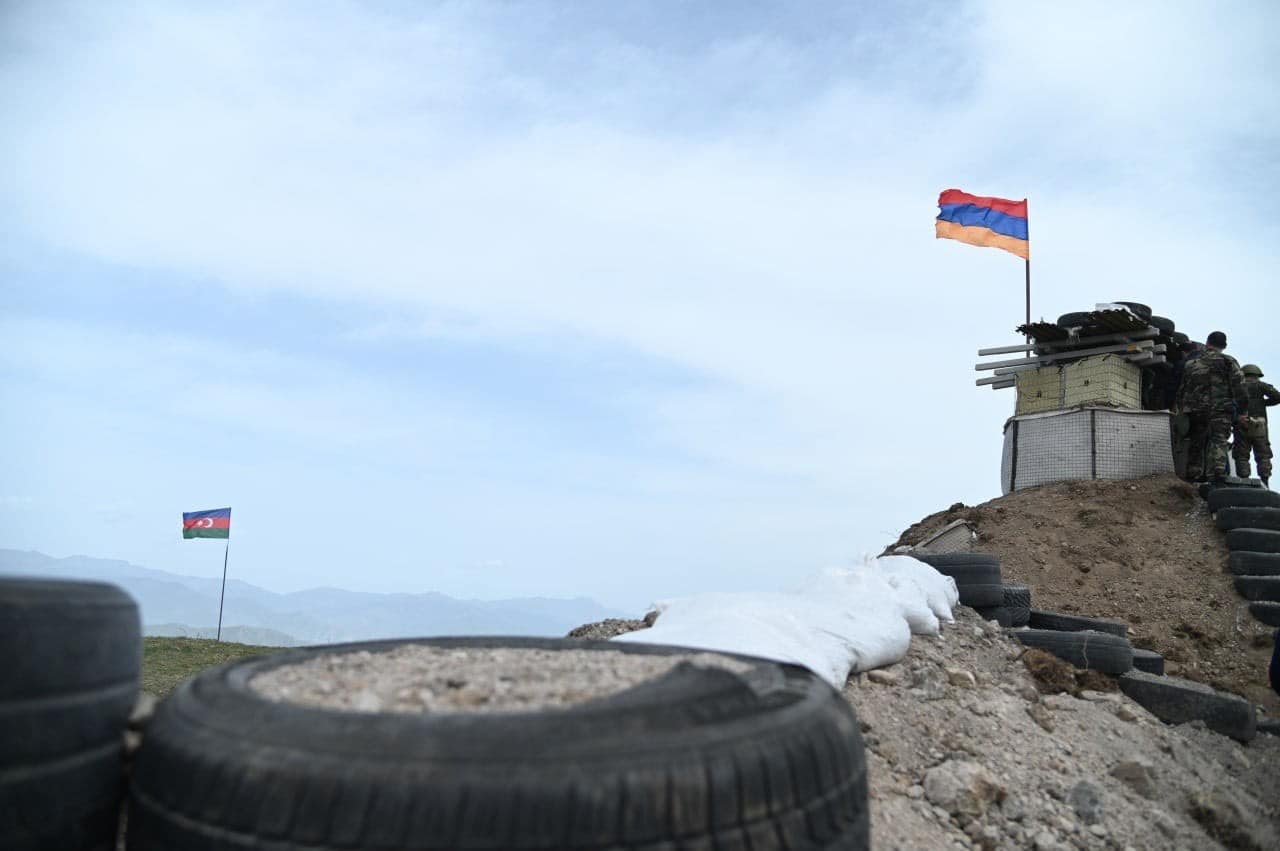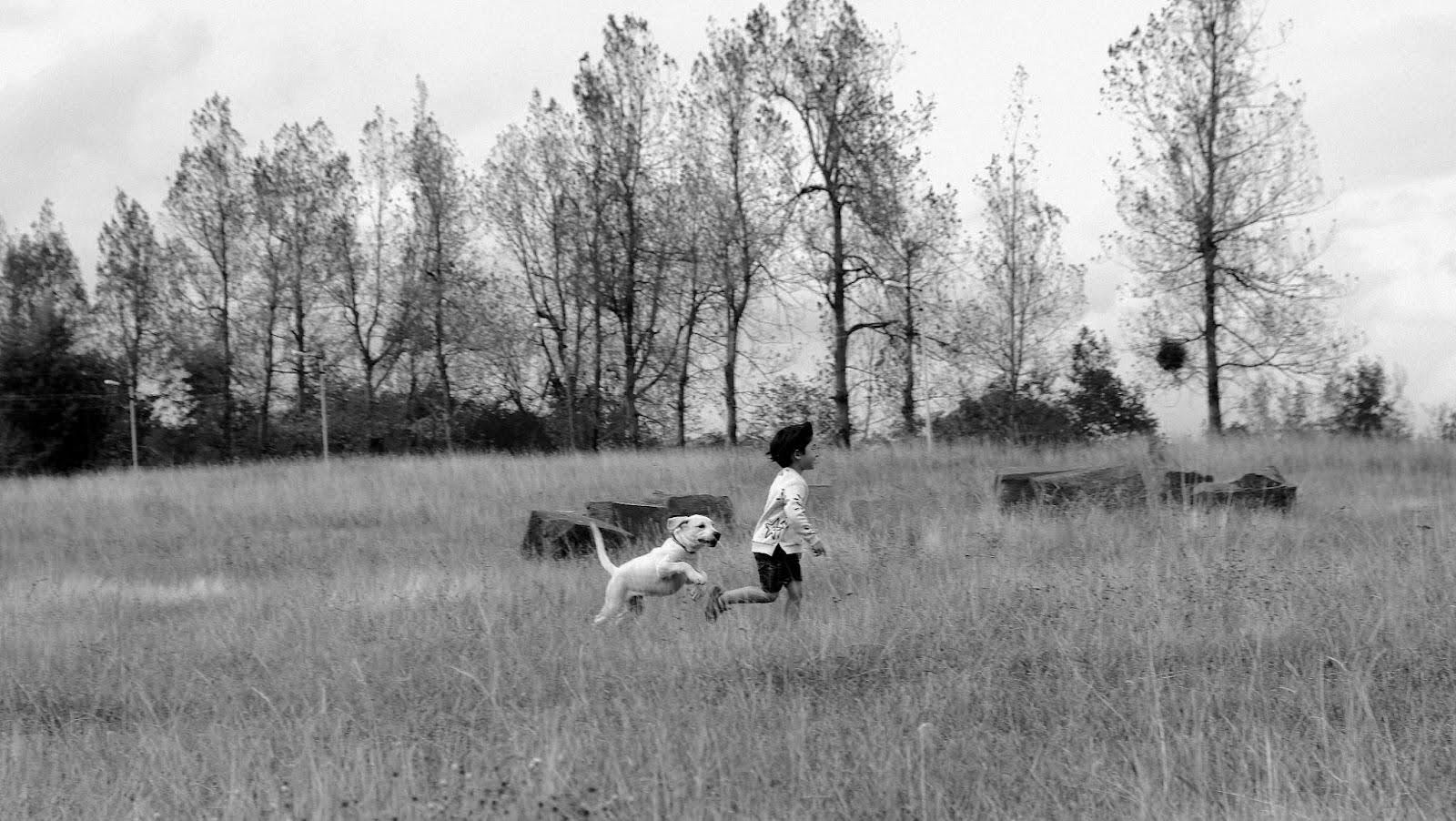
Plenary will feature Noam Chomsky, David Barsamian
CAMBRIDGE, Mass.—The Armenians and Progressive Politics (APP) conference returns to the Boston area this year with the theme, “The Road to Justice.” With discussions on Turkish politics, the media, Turkish-Armenian relations, and reparations, the conference will be held on Fri., Sept. 26, and Sat., Sept. 27, at the Massachusetts Institute of Technology (MIT) in Cambridge.

Friday night’s plenary session will feature intellectual and activist Noam Chomsky in conversation with Alternative Radio’s David Barsamian. Topics to be discussed include Turkish politics and social movements, the Gezi Park protests, and imperialism. Turkey’s failure to come to terms with its history and human rights record, particularly with regard to the Armenian Genocide and the Kurdish question, will also be examined. The plenary will take place in MIT’s Kresge Auditorium (Building W16) from 7:30-10:30 p.m.
Levon Chorbajian, Carla Garapedian, and Aris Nalci will explore aspects of the media, including public relations, propaganda, and ownership, in the first of three panels on Saturday.
Turkey has been highly successful in distributing its narrative, often through professional public relations firms; despite having the advantage of historical truth, Armenians have not. The media often fails to present the Armenian Genocide as fact. Why? Does the U.S. mainstream media frame the issue as a controversy due solely to Turkish pressure, or are American foreign policy and corporate interests responsible?
Turkish-Armenian relations have myriad aspects, including “reconciliation groups” and other civil society exchanges promoted by the U.S. State Department. Are these initiatives in the interests of Armenia and Armenians?
Additionally, progressive Turkish academics, writers, and activists have been instrumental in initiating discussion of the Armenian Genocide within Turkey, especially following the murder of Hrant Dink. Have any gone beyond calls for recognition of the Armenian Genocide; that is, have any demanded justice in the form of restitution and reparations? What can and should Armenians expect from them?
The Turkish-Armenian relations panel will also consider denial of the Armenian Genocide by the Turkish state and others. Denial is becoming more sophisticated, as evidenced by Turkish Prime Minister Erdogan’s statement this past April about “shared pain.” The panel will include Peter Balakian, Bilgin Ayata, and Marc Mamigonian.
The reparations panel will examine the possible legal channels and strategies Armenians might pursue to reclaim land and property stolen during the Armenian Genocide, looking at other cases in which reparations were paid. Panelists will discuss what was taken, its value today, pertinent international treaties and laws, and appropriate forums such as the International Court of Justice.
In addition to demanding reparations and restitution from Turkey, panelists will also consider whether Armenians should pursue reparations from all those nations and corporations who benefitted from the Armenian Genocide. If one believes that the Armenian Genocide did not end in 1923, but continues to this day, are those nations who ally themselves with Turkey colluding in the perpetration of the genocide?
With the 100th anniversary of the Armenian Genocide approaching, panelists Umit Kurt, Edvin Minassian, and Thomas Samuelian will highlight these timely questions.
A discussion entitled “Where do we go from here” will conclude the 2014 conference. Saturday’s panels will be held in MIT Building 6, Lecture Room 120, from 10 a.m. to 6 p.m.
Conference sponsors include the Armenian Revolutionary Federation (ARF) Eastern Region USA, Alternative Radio, and the MIT Armenian Society.
For an MIT campus map, visit https://whereis.mit.edu/. For more information on the APP conference, visit http://armenianprogressive.com.









Good Job!
Re your APP conference on progressive Armenian politics.To take into consideration and create follow ups on this issue within the international organizations: UN Security Council, General Assembly, Council of Human Rights, where the “Armenian cause”, including genocide denial, is confronted to the violent attitrudes and interventions of Azeri and Trkish delegations re territorial integrity and negationism, respectively. A civil society representation – (an NGO)present and intervening- submitting written statements, etc. – is imminently important to launch an action-oriented move, with an eventual request for the setting up of international tribunal on the Armenian case. Bi and multlateral efforts having so far failed. My articles on the Web under my name. will forward you my last one in english. And I would have liked to assist to the Sept. APP conference. aline dedeyan UN/Geneva adedeyan@yahoo.com.